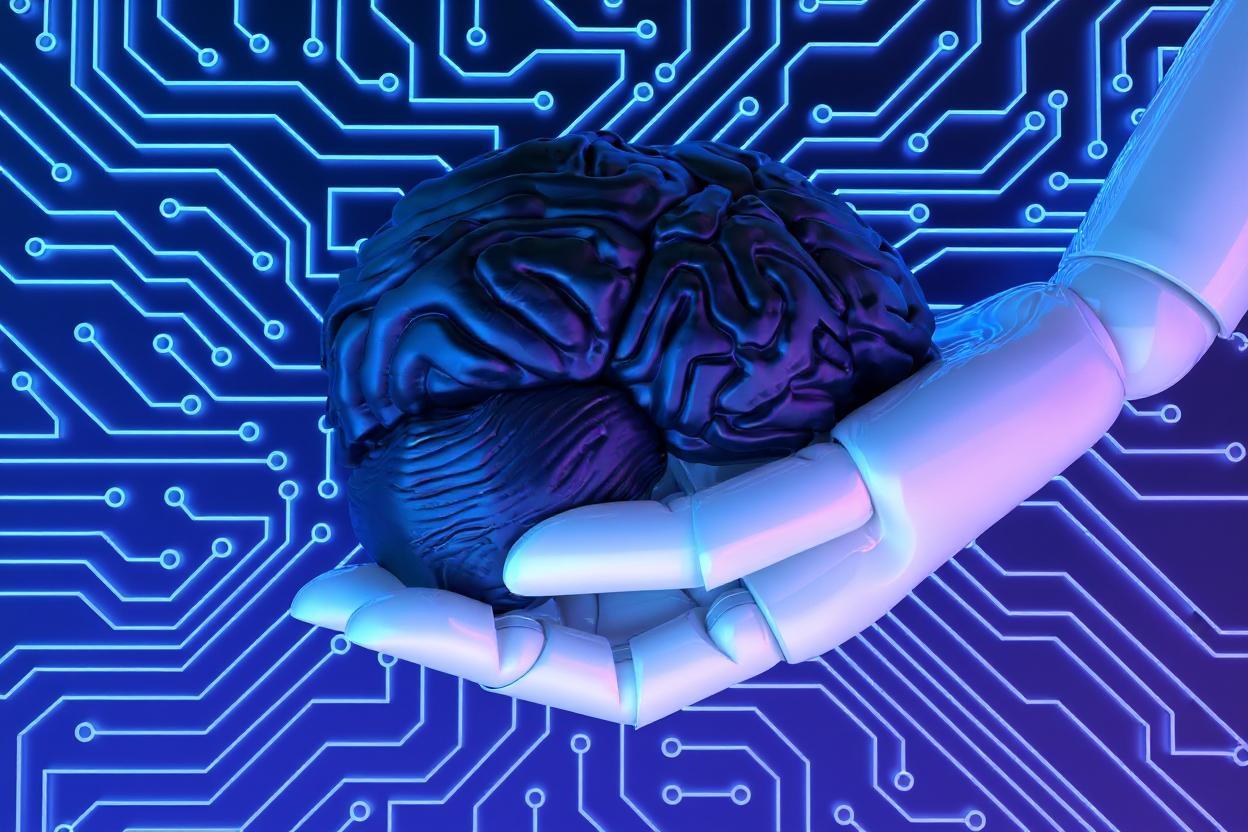The Viral Headline vs. The Real Story
A viral headline made the rounds across major news outlets and social platforms: “MIT study proves ChatGPT makes us dumber.” Catchy, sure. But dangerously reductive.
The short referenced a 206-page MIT-backed study on the cognitive effects of using ChatGPT in essay writing. The results were both complex and compelling. Yes, participants using ChatGPT showed reduced brain activity, lower originality, and struggled with retention. But that’s not the end of the story. . .
It’s not the tool that made users disengage. It’s how they used it.
What the MIT Study Actually Found
The study, titled “Your Brain on ChatGPT: Accumulation of Cognitive Debt When Using an AI Assistant”, examined how different groups approached essay writing over four sessions:
- LLM Group: Used ChatGPT
- Search Engine Group: Used Google-style search
- Brain-only Group: Used no external help
Then, in session 4, participants switched:
- LLM-to-Brain: Used ChatGPT previously, then wrote without it
- Brain-to-LLM: Used no tools previously, then tried ChatGPT
Key Findings:
- EEG data showed weaker neural connectivity in the LLM group, especially in alpha and beta bands tied to memory and focus.
- Quoting ability was significantly reduced in the LLM group, even just minutes after writing.
- Perceived ownership of their work was lowest among LLM users.
- When “Brain-only” users switched to ChatGPT, they still maintained stronger recall and more diverse essays.
In other words, ChatGPT didn’t cause cognitive decline. But passive use of it did.
Why This Matters — Especially for Teams, Leaders, and Learners
In enterprise contexts, we don’t just want content. We want thinking. And that’s where tools like ChatGPT can backfire, if used poorly.
Lazy prompting leads to lazy output. Users who copy-pasted AI suggestions with minimal editing showed:
- Lower cognitive engagement (confirmed via EEG)
- Poorer memory encoding
- Little sense of ownership or pride in their work
The danger isn’t ChatGPT. It’s offloading thought without strategy. For learning teams, product managers, and leadership, this translates to:
- Superficial decisions
- Reduced innovation
- Increased dependency on tools over team judgment
Quick Takeaway: What the Study Really Shows
🧠 Does ChatGPT reduce brain activity?
Yes, when used passively. EEG data confirms lower neural engagement in users who leaned entirely on AI.
📉 Does it lower originality and memory?
In many cases, yes but not because of ChatGPT itself. The problem lies in minimal-effort, copy-paste usage.
💡 What’s the solution?
Use ChatGPT as a cognitive partner, not a crutch. Prompt with intention. Review with judgment. Reflect after use.
📊 Why it matters: In enterprise, poor AI habits scale. They lead to lower decision quality, reduced innovation, and fragile thinking cultures.
How to Use AI Without Losing Your Edge
LLMs like ChatGPT are powerful. But power without intention is waste. Here’s how to engage instead of offload:
1. Prompt for Insight, Not Output
Ask ChatGPT to challenge your thinking: “What’s a contrarian take on this?” or “Where might this argument fail?”
2. Use AI as a Cognitive Partner, Not a Crutch
Write a rough draft first, then refine with ChatGPT. This preserves memory encoding and boosts ownership.
3. Reflect After Use
After generating content, ask yourself: “Do I understand this well enough to explain it without notes?”
4. Avoid Single-Pass Copying
The study showed that low-effort use (minimal editing) correlated with the weakest neural patterns.
5. Teach Teams Prompt Craft and Critical Review
Make AI literacy part of upskilling — not just how to use it, but how to use it well.
What Is Cognitive Offloading (And Why AI Makes It Easy to Overdo)
Cognitive offloading refers to our brain’s natural habit of delegating memory or thinking tasks to external tools — like writing notes, using GPS, or now, prompting ChatGPT.
While it’s not inherently bad, the MIT study shows that AI supercharges this tendency. When users over-rely on AI to generate or structure thoughts, they engage less, remember less, and feel less ownership over the outcome.
This doesn’t mean we should stop using ChatGPT. It simply means we need to redesign how we interact with it:
- Use it to support memory (e.g., summarize your own notes), not replace it
- Treat its output as a starting point, not a finished product
- Ask AI to explain, compare, or challenge, not just answer
How Webpuppies Builds AI That Thinks With You
At Webpuppies, we don’t just integrate AI tools. We design AI systems that support human judgment, not sidestep it.
Whether it’s custom LLM interfaces, domain-specific AI agents, or governance-first implementations, our approach is grounded in one principle:
AI should extend cognition — not replace it.
We’ve helped enterprise clients in finance, healthcare, and logistics build AI systems that:
- Align with cognitive workflows
- Preserve data integrity and trust
- Empower users to think deeper, not just faster

Stay Sharp in the Age of Smart Tools
The MIT study doesn’t tell us to stop using ChatGPT. It tells us to stop using it blindly.
Cognition isn’t binary. It’s shaped by how we engage. And with AI, that means choosing reflection over replication; inquiry over automation.
At Webpuppies, we build for that future.
Want AI that thinks with your team and not for it? Start with a consult

